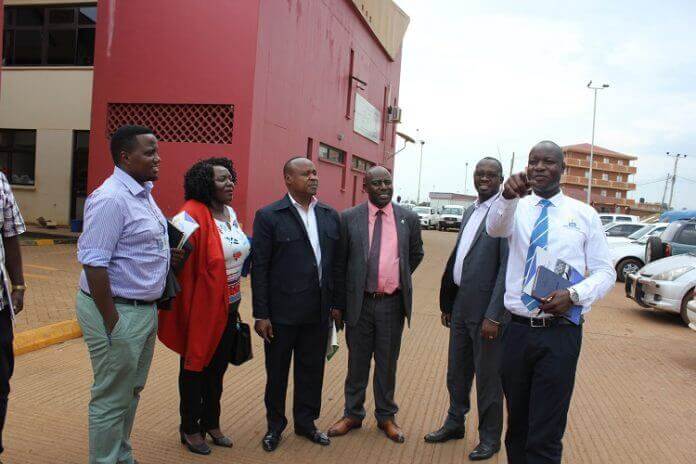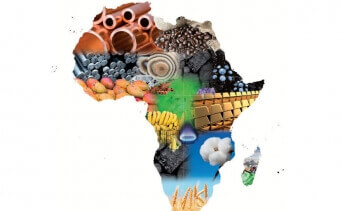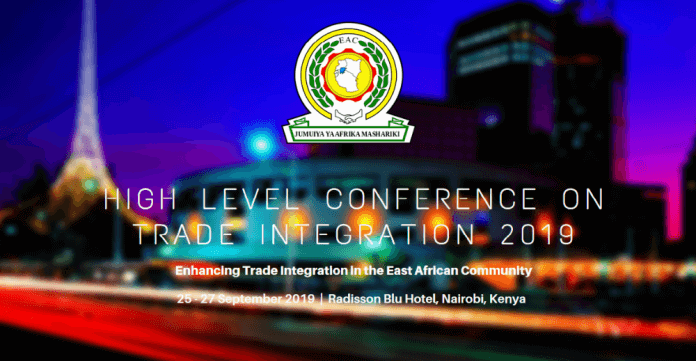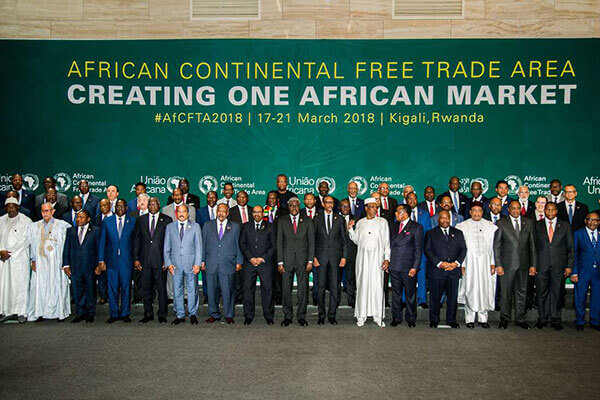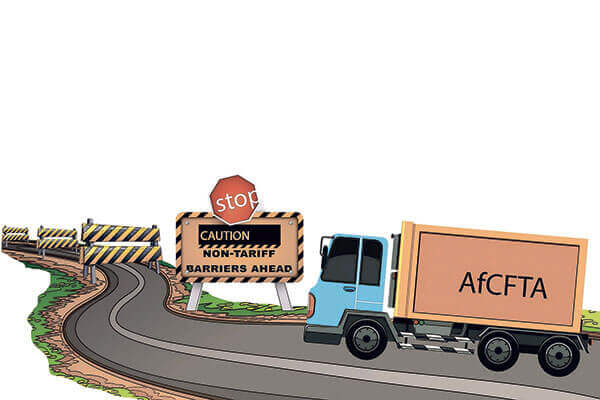The Democratic Republic of Congo (DRC), sub-Saharan Africa’s largest country, is known for being a tough place to do business but also one of unexploited economic potential. Although the country has had a dark cloud looming over it for years, it recently held its first democratic transfer of power since it gained independence from Belgium in 1960. And like other African countries, the DRC is in pursuit of a stronger and thriving economy. The IMF has the country’s economy‘s growing at a rate of 4.3% in 2019; and nothing suggests that this will not improve in the future. For the DRC, the pursuit for a thriving economy is well within reach given its endowment with vast natural resources that could enable it to be a contributor to Africa’s economic growth and global supply of raw materials such as copper. The DRC’s new government seems to be committed to exploiting these natural resources, as demonstrated through the several sector reforms that have already been implemented. The most impactful, both short and long term, being investment infrastructure development & renewable energy, amendments to mining and oil & gas legislation as well as its participation in the Extractive Industries Transparency Initiative. In respect of infrastructure and energy, the DRC captured global attention with the world’s largest proposed hydropower scheme known as the Grand Inga project. A project that aimed to generate about 40,000 megawatts of power from water sourced at the mouth of the Congo River. This amount of energy can cater for...
How Infrastructure And Energy Are Key To The Economic Renewal Of The DRC
Posted on: October 7, 2019
Posted on: October 7, 2019



